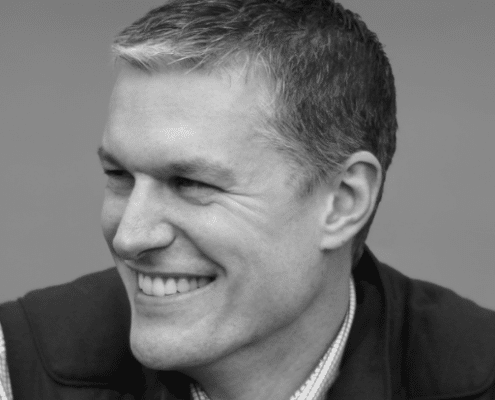
Featured Ethics Scholar for December: Dennis Gentilin
BlogInterview with Dennis Gentilin, Whistleblower, Author and Consultant on Corporate Citizenship
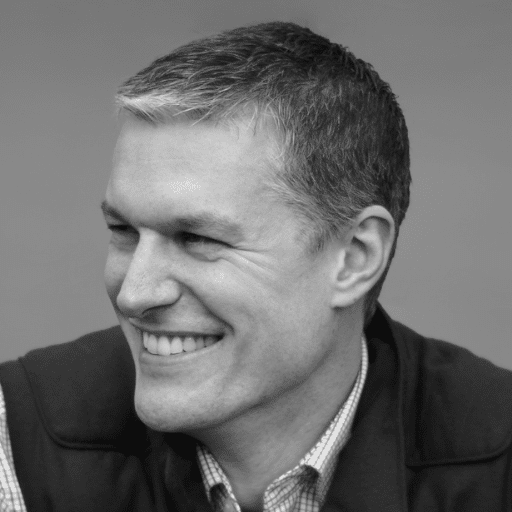 What are your main areas of research/work?
What are your main areas of research/work?
Let me begin by stating that I don’t see myself as a scholar (at least not formally). However I do see enormous value in using the findings and tools from the social and behavioral sciences to help address the ethical challenges facing the business world. This is one of the many reasons I am a big advocate of Ethical Systems.
As one would expect given my experience and background (outlined below), my primary area of interest is employee voice and speak up cultures. What my experience showed me is that even the best “formal systems” (rules, regulations, compliance and other such artifacts) have shortcomings. The best (and arguably the only) way to overcome these is to nurture the “human systems” within organizations. A speak up culture is a core component of this latter system.
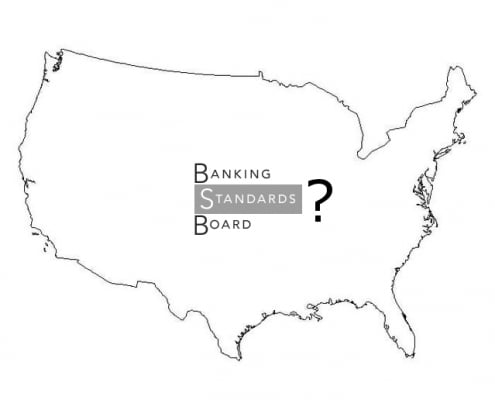
The UK’s Banking Standards Board: Should a US model follow?
Blog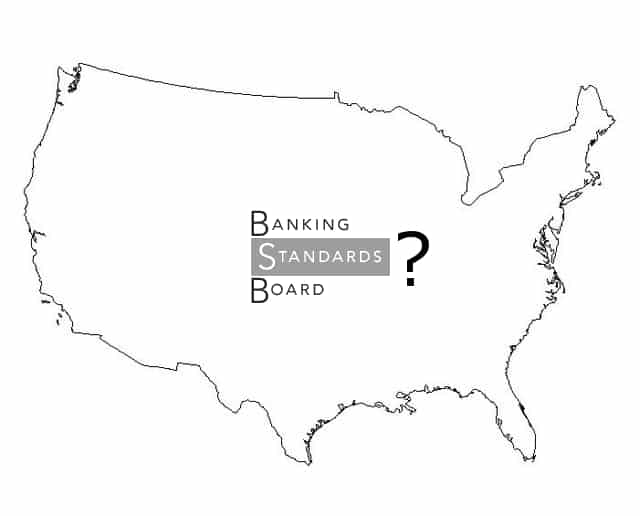 I recently returned from a trip to London, where I spoke about the role of ethics and culture in organizations with varied, leading professionals. My meeting with the Banking Standards Board (“BSB”) stands out as a potential model for what financial services firms in the U.S. could emulate.
I recently returned from a trip to London, where I spoke about the role of ethics and culture in organizations with varied, leading professionals. My meeting with the Banking Standards Board (“BSB”) stands out as a potential model for what financial services firms in the U.S. could emulate.
The BSB is a non-profit organization, established by the industry in the wake of the 2008 financial crisis to address core challenges relating to the culture of banking, and help restore the industry’s trust and reputation.
To raise standards of behavior in financial services, the BSB began with a comprehensive analysis of the current standards for culture, the details of which are provided in their 2015 assessment report, identifying themes relating to norms within the banking industry. After conducting assessments at individual firms, and extrapolating common themes, they plan to use these as the framework for future work plans. This assessment creates a baseline so that firms and the BSB can then measure the impact of reform efforts, both internal ethics programs and industry and regulatory initiatives, over time. As I’ve written in previous blog posts, evidence-based ethics research and culture measurement are key to determining what works to drive more ethical behavior in organizations. In order to improve culture, researchers need to help firms better measure their culture and track changes in indicators over time. The BSB has taken a vital step towards this goal.
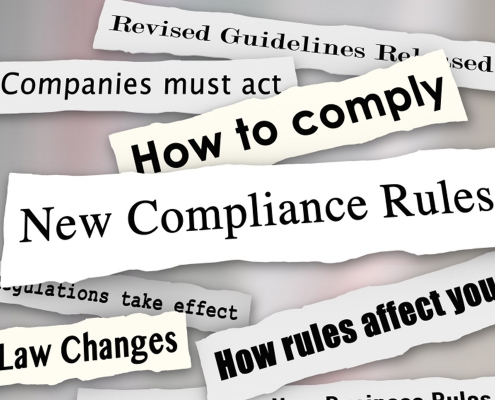
Bias Among Choice Architects: On psychology and regulation
Blog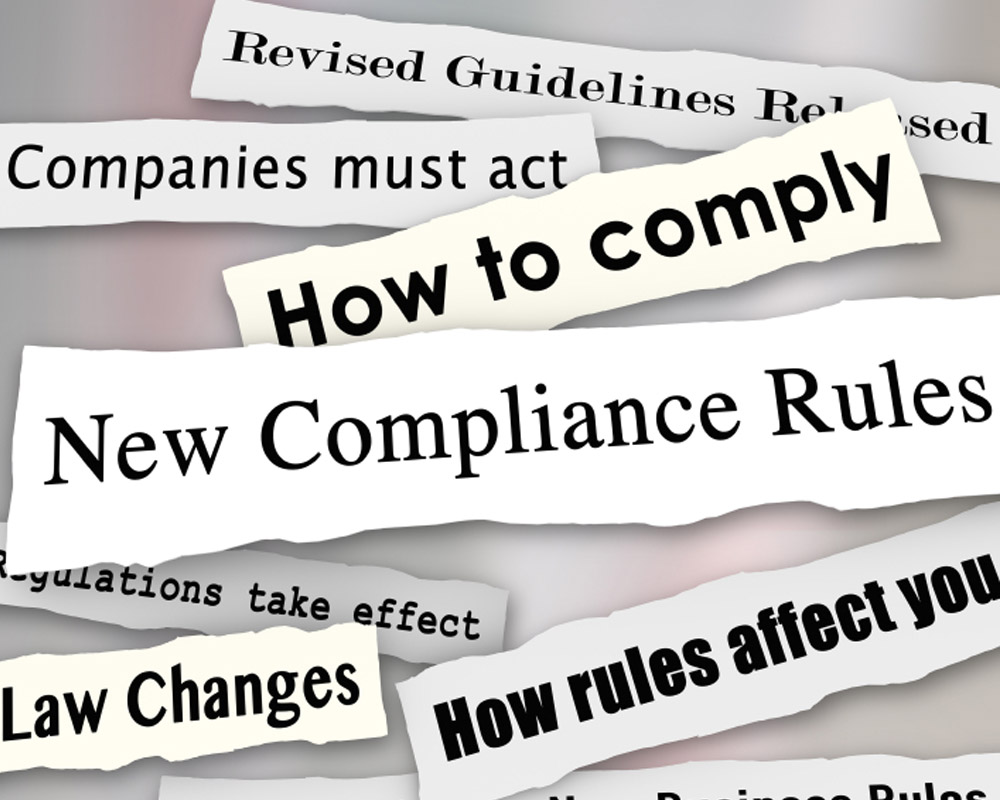 In their seminal work on `nudges,’ Cass Sunstein and Richard Thaler have made a tremendously influential contribution to academic policy research and to practical policy. They insightfully describe how to improve people’s saving, consumption, and life choices by improving the `choice architecture’ (the structure and framing) of decision problems. Specifically, the idea is to help people who are subject to psychological bias—i.e., just about everyone—make better choices.
In their seminal work on `nudges,’ Cass Sunstein and Richard Thaler have made a tremendously influential contribution to academic policy research and to practical policy. They insightfully describe how to improve people’s saving, consumption, and life choices by improving the `choice architecture’ (the structure and framing) of decision problems. Specifically, the idea is to help people who are subject to psychological bias—i.e., just about everyone—make better choices.
Sunstein and Thaler emphasize that this can often be achieved without coercion, a policy strategy which they call `libertarian paternalism.’ Over the last decade, Sunstein and Thaler and their followers have devised many ways in which the lives of people can be improved by seemingly modest and non-invasive tweaks in individual choice problems. Just think about whether people would eat as much candy if it were only found in the back of supermarket aisles. It is no accident that it is also prominently displayed at the checkout stand where hungry shoppers must stand around staring at it. Who wouldn’t want an improvement on that choice architecture?
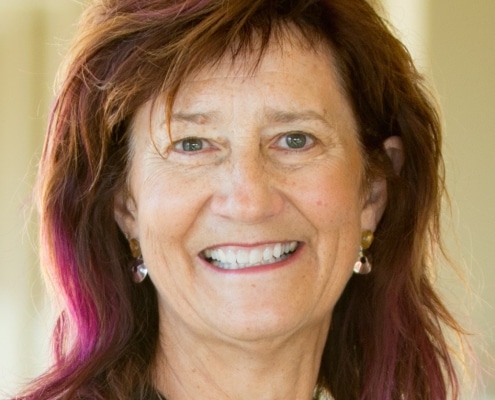
Featured Ethics Scholar for November: Beverly Kracher, PhD
BlogInterview with Beverly Kracher, Robert B. Daugherty Chair and Professor in Business Ethics & Society and CEO / Executive Director of the Business Ethics Alliance in Omaha, NE
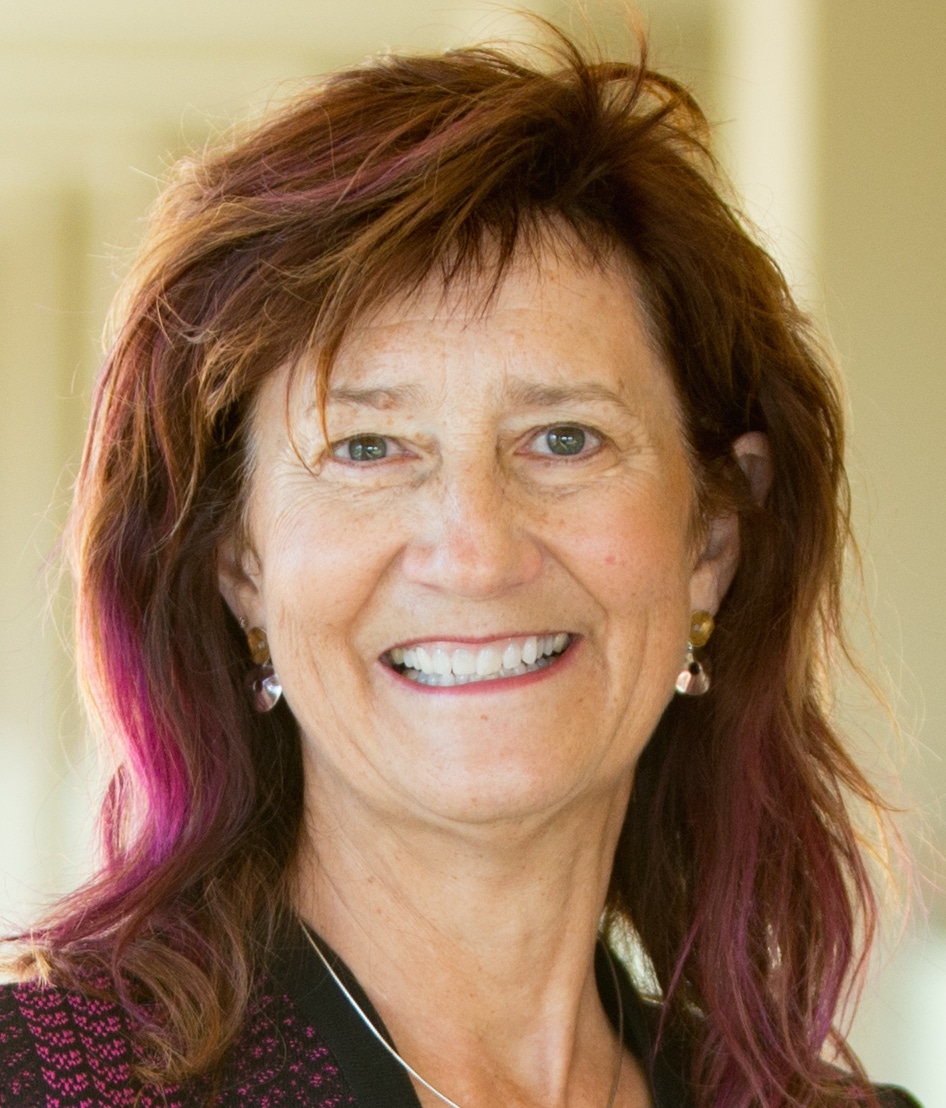
What are your main areas of research/work at Creighton University?
First, let me tell you what I’d like to do. Before I retire or die, I’d like to collaborate with musicians to create a set of positive business ethics jingles that stick in our brains as much as the Oscar Mayer Baloney song (of course, since Oscar Mayer doesn’t resonate with everyone, we’d need to identify the jingles for each part of the world).
However, I haven’t found the musicians who want to work on this project yet. So, recently I have spent my time on city-level business ethics as Executive Director/CEO of the Business Ethics Alliance.

Corporate Scandal, Reputation Risks and Common Sense
Blog When corporate scandal occurs- whether it makes headlines or not- there is a tendency to blame bad apples instead of examining the organizational culture to identify areas in need of further improvement or oversight.
When corporate scandal occurs- whether it makes headlines or not- there is a tendency to blame bad apples instead of examining the organizational culture to identify areas in need of further improvement or oversight.
In a recent piece in The Wall Street Journal, Lou Gerstner, a former chairman and CEO of IBM and RJR Nabisco, now chairman of the board of directors at the Broad Institute of MIT and Harvard, outlines why there is continued misunderstanding around culture and the various ways companies undercut their own efforts to strengthen it.
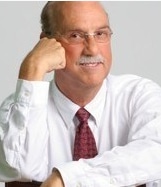
Featured Ethics Scholar for October: Charles H.Green
Blog Interview with Charles H. Green, founder and CEO of Trusted Advisor Associates
Interview with Charles H. Green, founder and CEO of Trusted Advisor Associates
What are your main areas of research?
I’m not an academic, so I’ll have to define “research” a little loosely. But for the last 20 years, what I’ve focused on is the role played by trust in business relationships, particularly complex B2B relationships – and particularly in sales and in advisory relationships.
In practice, that has meant pointing out a distinction rarely used in business, even though it’s fairly obvious: the relationship between the trustor and the trustee. You can’t talk about trust in practical terms without distinguishing between those two very distinct roles (though most general discussions about ’trust’ do just that). The trustor initiates the relationship by taking a risk; the trustee responds, or not. And then the roles shift for the next go-round. Trust is iterative, dynamic, and creates itself around risk.
I have also focused on the role of personal relationships rather than institutional relationships, because trust is like politics – as Tip O’Neill said years ago, it’s all local. Or personal, in the case of trust. Institutional trust, like branding, is a far weaker force. The role of institutions in trust is largely to foster or hinder personal trust.
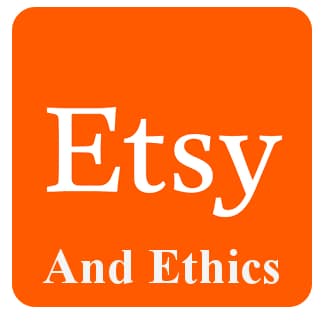
ETSY: A Positive Culture of Negative Confessions
Blog What happens when people make a mistake at work? That depends on the culture of the organization- covering it up or passing the buck are options when competition drives behavior or if there is a low trust environment. But at Etsy, employees are not only asked to own up to their errors but reveal them to the entire company.
What happens when people make a mistake at work? That depends on the culture of the organization- covering it up or passing the buck are options when competition drives behavior or if there is a low trust environment. But at Etsy, employees are not only asked to own up to their errors but reveal them to the entire company.
In a recent piece on Quartz, Etsy CEO Chad Dickerson revealed that people at the company are encouraged to document their mistakes, how they happened and what they learned from it, in public emails. The company “also gives out an annual award—a real three-armed sweater— to whomever who made the most surprising error, not the worst one, as a reminder to examine the gap between how things are expected to happen and how they actually do.”
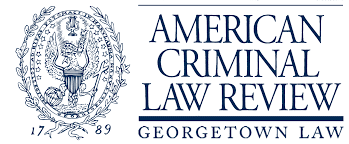
Cultures of Compliance with Donald C. Langevoort
Blog Donald Langevoort, Thomas Aquinas Reynolds Professor of Law at Georgetown Law has provided a copy of an article written for the American Criminal Law Review in which he deftly outlines a series of acute observations drawn from different social sciences—economics, psychology, sociology and anthropology—about cultures of compliance and noncompliance.
Donald Langevoort, Thomas Aquinas Reynolds Professor of Law at Georgetown Law has provided a copy of an article written for the American Criminal Law Review in which he deftly outlines a series of acute observations drawn from different social sciences—economics, psychology, sociology and anthropology—about cultures of compliance and noncompliance.
The abstract:
In the last few years especially, law-makers have increasingly invoked culture as something crucial to good compliance. The phrase “culture of compliance” has thus made its way into common legal discourse as describing both a goal and a marker. Precisely they mean by this is contestable, but there is enough evidence that the demand for healthy compliance culture is serious to invite careful thought. What is it, or should it be, and how might we know? This article draws from organizational behavior, behavioral ethics, and financial economics to develop an approach to how and why corporate cultures resist naively appealing interventions of “tone at the top” and ethical exhortation.
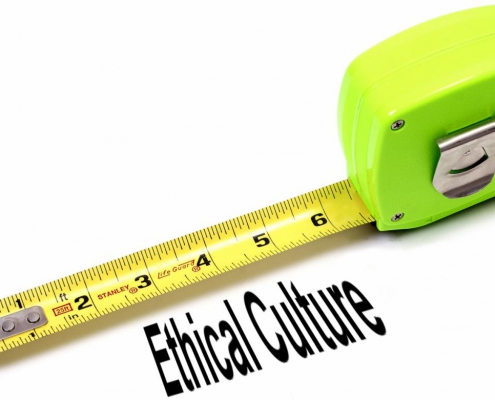
Measuring Ethical Culture: Tips and Tools
Blog As any Compliance Officer knows well, demonstrating that your company has an effective compliance program is one of the main goals of your day-to-day efforts, but also one of the most elusive. The Federal Sentencing Guidelines are designed to incentivize businesses to implement ethics and compliance programs by rewarding companies through reduced sanctions- if they can demonstrate that they have an effective compliance program. The broad goal for most companies is to demonstrate, in the face of an investigation or finding of illegal actions, that the act was caused by a rogue employee and not because of how the company inherently conducts its business.
As any Compliance Officer knows well, demonstrating that your company has an effective compliance program is one of the main goals of your day-to-day efforts, but also one of the most elusive. The Federal Sentencing Guidelines are designed to incentivize businesses to implement ethics and compliance programs by rewarding companies through reduced sanctions- if they can demonstrate that they have an effective compliance program. The broad goal for most companies is to demonstrate, in the face of an investigation or finding of illegal actions, that the act was caused by a rogue employee and not because of how the company inherently conducts its business.
Yet, we all know that in practice demonstrating effectiveness of a compliance program is rife with gray areas, cynicism and challenges.
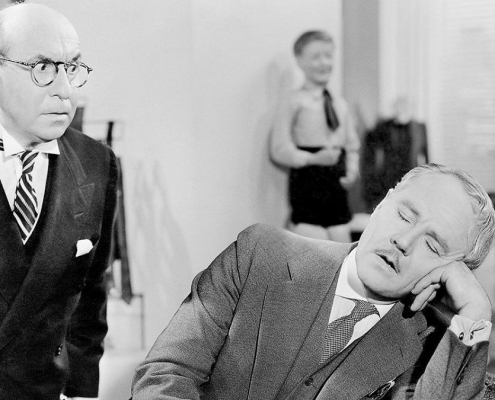
Why Your Hiring Process Keeps Missing Candidates’ Character Flaws
Blog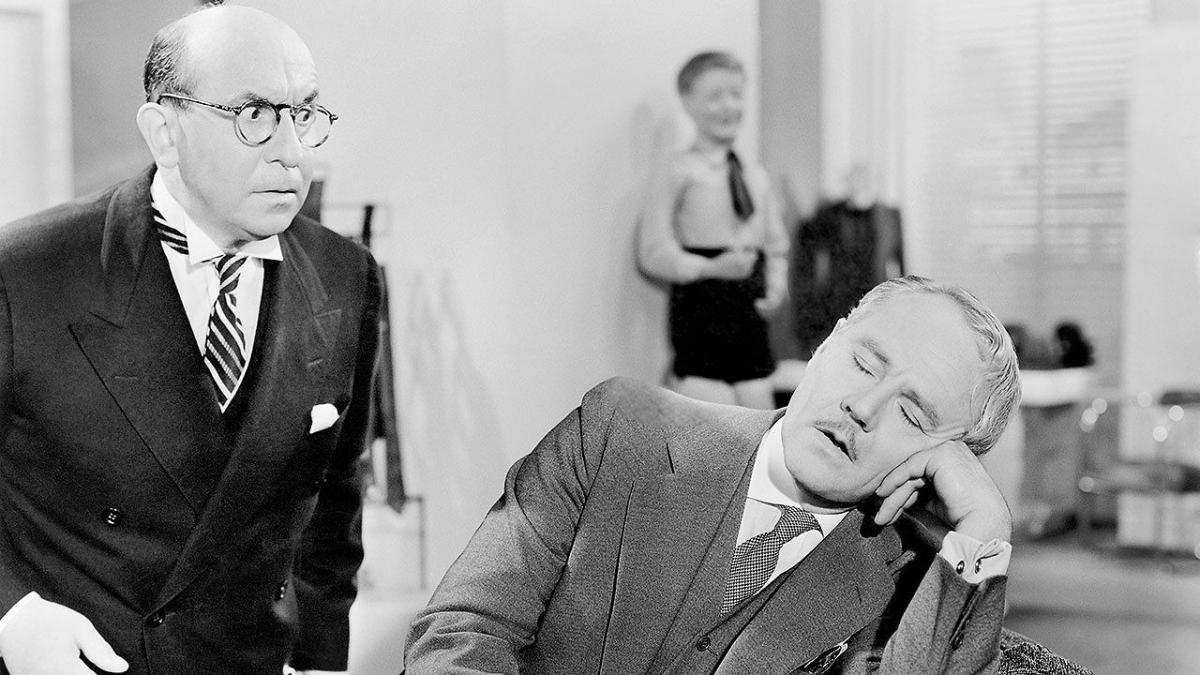 In a captivating article for Fast Company ES collaborator David Mayer, of the Ross School of Business at the University of Michigan, outlines “Why Your Hiring Process Keeps Missing Candidates' Character Flaws.”
In a captivating article for Fast Company ES collaborator David Mayer, of the Ross School of Business at the University of Michigan, outlines “Why Your Hiring Process Keeps Missing Candidates' Character Flaws.”
We at Ethical Systems talk a lot about hiring for ethics and culture, as opposed to hiring for skills and personality, during the interview process. The reason is that the dialogue between employer and potential employee is wrought with miscues, overestimations, hyperbole and a reliance on presenting the best possible version of oneself. In addition, research by ES collaborator Nick Epley, and cited in the Fast Company piece, highlights how we are actually less reliable than we may think when it comes to identifying deceits and spotting potential bad apples.
